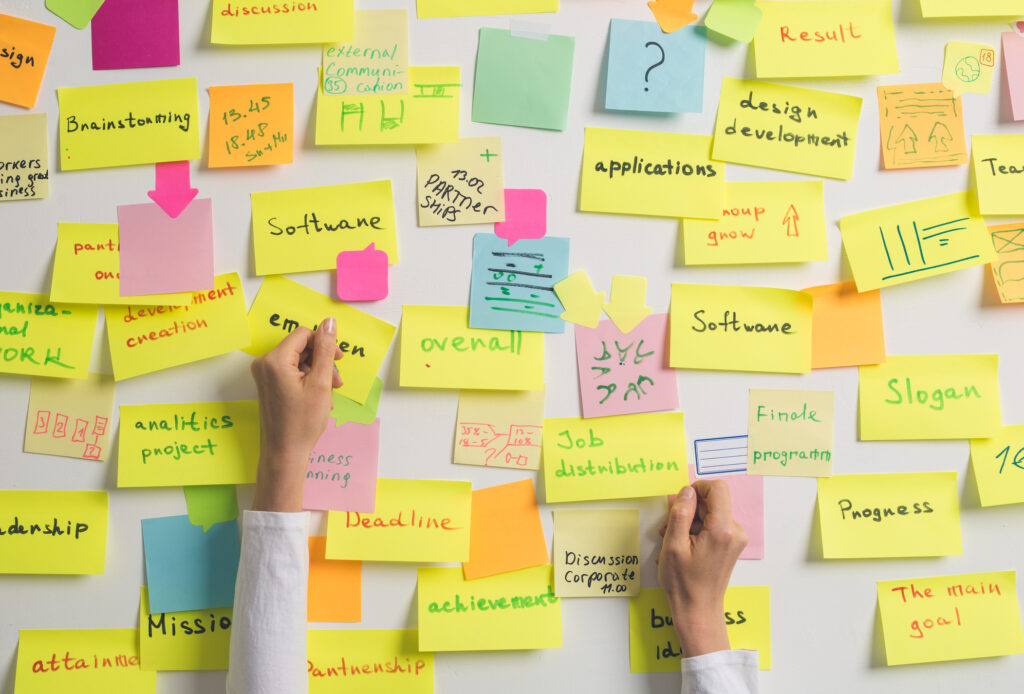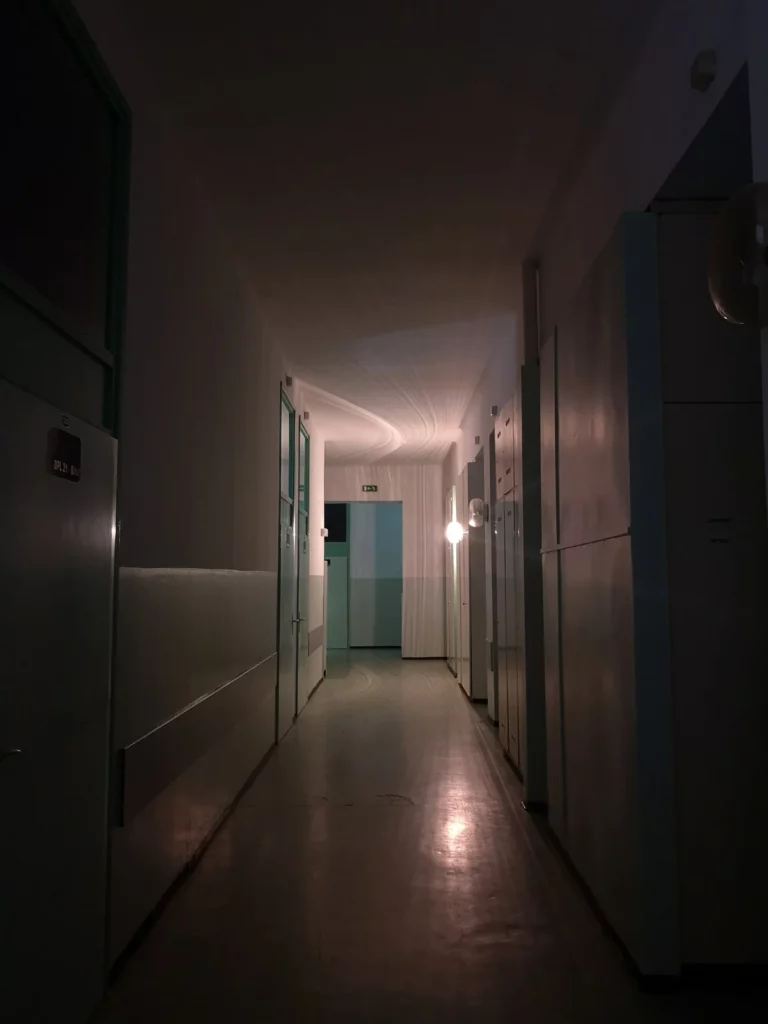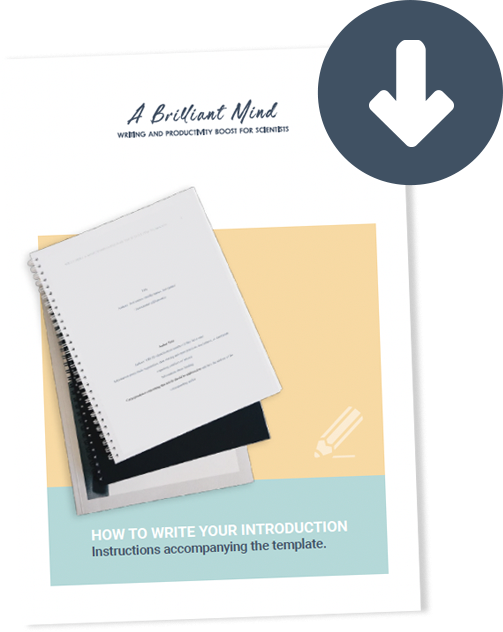Today, I’m thrilled to welcome a new author to A Brilliant Mind: Sanjin Kacevac. Sanjin is a psychology student and a productivity freak. In this post, he recounts the incredible personal story that led him to dig deep into the science of focus. I hope you’ll enjoy it as much as I did.
All the best, Gaya
When I was fifteen years old, I became obsessed with time management. It seems a bit weird, right? I have always been interested in many different things, and I had a habit of stretching myself too thin and ending up with nothing. Once the first school assignments started pilling in, I realized that I needed to start planning my day properly if I wanted to accomplish all that I aspired to do. This idea blew my mind! I had never thought before about how much more I could accomplish just by getting organized. While all my classmates were too busy with standard teenage desires (becoming popular or impressing their friends), I felt like I had a formula that nobody else realized: I was productive!
Every night, I would sit in my 10m2 bedroom, in front of a giant whiteboard that I had borrowed from my father’s office, a set of markers in my hands. The board was covered with colorful scribbles. I would write down my assignments and chores, cross them off and plan new strategies to be more efficient. And lo and behold, it worked! I was meeting my deadlines, doing my duties, and having the time to pursue my various other interests, like sports and music. At only fifteen I had figured it out. I guess I had this vision of becoming the “perfect man”, someone who always does the right thing and manages to get everything he wants. But as it turns out, life is much more complicated than a 15-year-old kid can imagine. There is a saying: You make plans and God laughs.

On December 1st, 2014, my life changed radically. I woke up and got ready for school, just like any other morning, except that this day something was different: I felt extremely weak. On my way to school, I had to sit down and rest every few steps, drained of energy and out of breath. I could feel my heart pumping frantically and a cold sweat on my forehead. I was so slow that after thirty minutes, I had barely moved 50 meters, so I decided to go back home. Somehow, I managed to reach the stairs of my building before I lost consciousness and collapsed. By a stroke of miraculous fate, my father walked by exactly at that moment. He was supposed to be at work and was running late. Controlling his panic, he carried me to his car and drove me to the hospital.
And so, out of the blue, at seventeen, I ended up in a hospital because of blood clots in my lungs. I barely made it out alive and had to stay in semi-intensive care for a whole month. For the first few weeks, I was forbidden to move and only allowed short visits. It wasn’t a fancy hospital with WIFI and TVs: I had to share a bare-walled room with cancer and terminal patients. My only distractions were the books my mother brought me and the conversation with the other patients. I was a self-centered kid filled with naïve ideas and visions about life. I had never thought about death, let alone witnessed it with my own eyes. I discovered how vulnerable people can be in their last moments. Still, lying in bed staring at the ceiling, I didn’t think much about my death or anyone else’s. I just fantasized about escaping that dreaded place and making it to the New Years’ party with my friends and girlfriend. Yet, I was changing without even realizing it.

When I finally got out of that grey room, I went back to the whiteboard, but something was off. Little by little, I started to slow down and focus more on the limitations than the opportunities in front of me. I started overthinking and became anxious. I was giving in to the weakness and felt like a victim. Although I didn’t understand it at the time, this slowly but surely limited my behavior and started to shape me for the years to come.
As I got older, as it usually happens, I received more and more responsibilities and obligations, more worries, and insecurities. I lost that freshness and naïve positivity that seemed so easy when I was a kid. I noticed that all the organizational and time management tools started to feel a lot like obligations in themselves. Don’t get me wrong, my plans were perfect; the execution was the hard part. I would spend my days in front of my laptop drinking coffee and smoking cigarettes, feeling tense and edgy. I kept wondering whether I would be able to handle everything I had put on my plate while at the same time finding excuses to do something else. I knew what to do and how to do it, but I just couldn’t follow through. The feeling of energy, calm, and focus that I had before was gone and I couldn’t figure out what had happened. So, I started to question myself. What went wrong? What is stopping me? After all the thoughts I had put into organizing, managing, and questioning myself, the answer came where I least expected it to be: the body.
As a child, I had always been physically active. I played many different sports and loved to compete. I was all in, from martial arts, which taught me the power of discipline and perseverance, to basketball and volleyball for my school and local team, or tennis with my dad for fun. My disease, in addition to putting a strain on my body (I still had to take heavy medication for two years), forbade me to do any physical activity that could cause new blood clots. So, instead of finding a way around it, I gave in to the fear and just stopped exercising altogether. We are the same people biologically as we were 10000 years ago, and as such, our bodies have the same needs and requirements. The need to move and breathe, receive sunlight, good food, and enough sleep, which when met, allow one to focus and achieve one’s goals. I realized that my needs were not being met and were getting in the way of my plans. As the famous stoic Seneca wrote: “The body should be treated more rigorously, so that it may not be disobedient to the mind.”
Once I understood the importance of the body, I gave it priority before tackling difficult intellectual tasks. I felt more energetic, calmer, and more focused. I was again able to see things more clearly, more objectively, and make better decisions. I felt PRESENT. My work became better, and I had less anxiety and more motivation because I knew I felt good. Not in my mind. Not because of the tasks I had accomplished, but because of a deep feeling coming from my BODY.
How did I reach this bodily state of calm and focus? In the series of upcoming articles, I will present to you an overview of the science-based tools that have helped me. These techniques improve focus, alertness, motivation, mood, and sleep, not to mention the positive side effects on your physical health and immune system. You will discover in these articles methods validated by scientific research that are effective, easy to apply, quick to implement, and cost-free. Because in a healthy body, a healthy spirit! So, stay tuned!
How to write your introduction + template
Signup for my newsletter and get your free download!
Writing a good introduction is essential to getting your paper published in a top journal and captivating your readers. It’s essential… and challenging! With this template for writing your introduction, you will find:
- Pre-writing instructions
- Writing instructions
- Explanations on how to use the template
- A checklist to make sure you have included all the important elements for your introduction.

Pingback: Deliberate cold exposure for focus : A Brilliant Mind